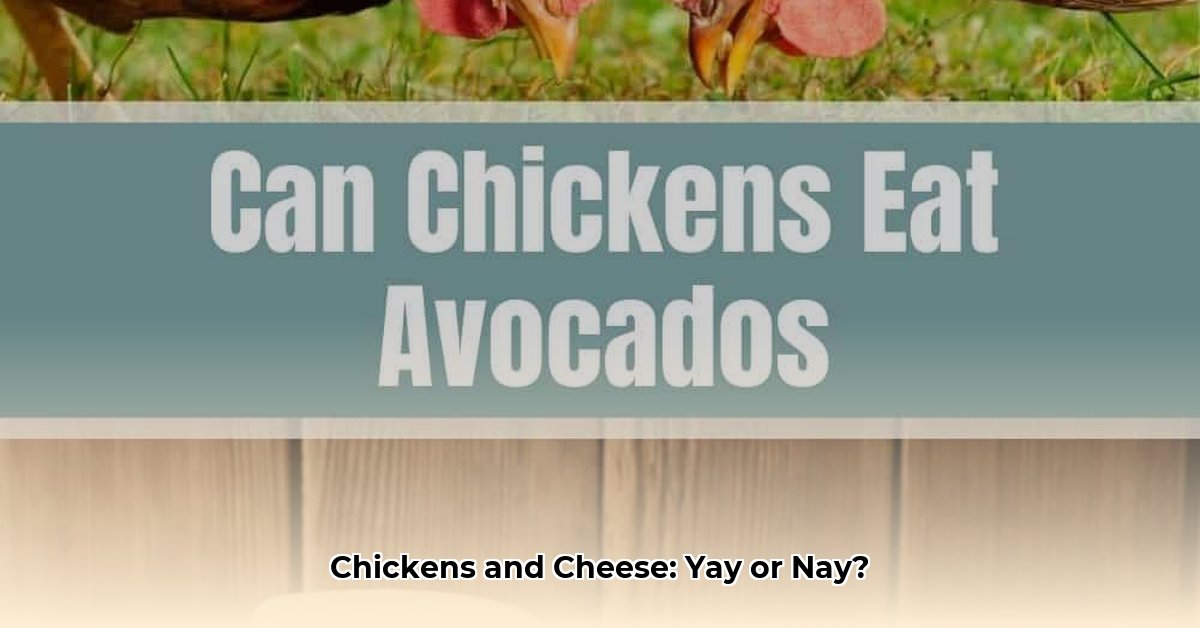The Big Question: Cheese for Chickens?
So, you’re enjoying a cheesy snack, and your flock is giving you those eyes. Can chickens eat cheese? The answer isn’t a simple yes or no. Like giving your kids a cookie after dinner, a little cheese can be a tasty treat, but too much can spell tummy trouble. This guide will walk you through everything you need to know about safely sharing your cheese with your feathered friends.
Is Cheese Good for Chickens? Benefits and Risks
Cheese offers some nutritional benefits, like protein for strong muscles and egg production, calcium for healthy bones and sturdy eggshells, and healthy fats for energy and shiny feathers. However, a balanced chicken feed should already provide all these essentials. Too much cheese can upset this balance. Think of their digestive system like a well-oiled machine designed for a specific kind of fuel. Cheese can be a fun “additive,” but it’s not a core component.
Potential Problems with Cheese Overload
Just like us, chickens can become overweight with too many fatty foods. Excess cheese can also lead to:
- Digestive upset: Diarrhea and bloating are common issues, as chickens don’t process lactose as efficiently as we do. They may lack the enzyme lactase, which is essential for breaking down the sugar found in dairy.
- Dehydration: Some cheeses are high in sodium, leading to increased thirst and potential dehydration.
- Serious illness: Moldy or spoiled cheese is a no-go, as the toxins can cause severe health problems, including respiratory issues.
Choosing the Right Cheese for Your Flock
If you decide on a cheesy treat, choose low-fat, low-salt options.
Safe Cheeses (in Moderation)
| Type of Cheese | Notes |
|---|---|
| Cheddar | Low lactose, firm texture; choose low-sodium varieties |
| Gouda | Low lactose, firm texture; offer sparingly |
| Part-Skim Mozzarella | Lower in lactose than fresh mozzarella; a good option in small amounts |
| Goat Cheese | Generally lower in lactose than cow’s milk cheese; introduce gradually |
| Low-Fat Cottage Cheese | Can be mixed with feed; watch for lactose intolerance |
Cheeses to Avoid
| Type of Cheese | Reasons to Avoid |
|---|---|
| Brie | High fat, soft cheese, potential for bacteria |
| Camembert | High fat, soft cheese, potential for bacteria |
| Cream Cheese | Very high fat, high lactose |
| Ricotta | High fat, potential for bacteria |
| Fresh Mozzarella | Higher lactose than part-skim |
| Feta | High salt content |
| Blue Cheese | Strong flavor, potential for mold |
| Halloumi | High salt content |
| Processed Cheese | Additives, high sodium, often high fat |
| Moldy Cheese | Risk of toxins |
| Flavored/Seasoned Cheese | Often contain unhealthy additives and high sodium |
| Full-fat cheeses | High fat content |
How to Serve Cheese and What to Watch For
Introduce cheese gradually. Offer a tiny amount and observe your flock. Some chickens might be more sensitive to lactose than others. Look for signs of digestive problems, like changes in droppings or lethargy.
- Portion Control: Treats, including cheese, should make up less than 10% of their daily food intake. Offer cheese occasionally, in small amounts. Grated or shredded cheese is easier for them to manage.
What If Your Chicken Has a Bad Reaction?
If your chicken shows any signs of illness after eating cheese – like diarrhea, vomiting, or lethargy – stop giving it to them immediately. Make sure they have access to plenty of fresh, clean water. If the symptoms persist or worsen, it’s always best to consult with a veterinarian who specializes in poultry. They can offer the best advice and treatment for your feathered friend.
Healthier Treat Alternatives
Cheese can be fun, but here are some nutritious and delicious alternatives:
- Fruits: Berries, melon, apples (remove seeds!), grapes.
- Vegetables: Leafy greens (in moderation), carrots, cucumbers, chopped broccoli.
- Protein: Mealworms, cooked eggs (a great source of protein and calcium!), cooked fish (in moderation).
- Calcium: Crushed oyster shells or ground clean eggshells.
- Other: Cooked grains like oatmeal, pasta, and rice.
Final Thoughts on Cheese for Chickens
A little bit of the right kind of cheese can be a nice occasional treat, but it shouldn’t be a regular part of their diet. Moderation and careful observation are key. Focus on providing a balanced, nutritious diet with quality feed, supplemented with a variety of healthy treats. By following these guidelines, you’ll have a happy, healthy, and productive flock! Remember, a varied diet is the key to thriving chickens.
(Consider adding a call to action here, such as encouraging readers to share their experiences with feeding chickens cheese or inviting them to subscribe to a blog/newsletter.)
- Food Making Kits Bring Easy, Fun Homemade Dishes to Your Kitchen - February 5, 2026
- Cooking Kits Make Mastering New Recipes Fun for Everyone - February 4, 2026
- Leak-Proof Glass Food Containers with Locking Lids Keep Food Fresh - February 3, 2026










